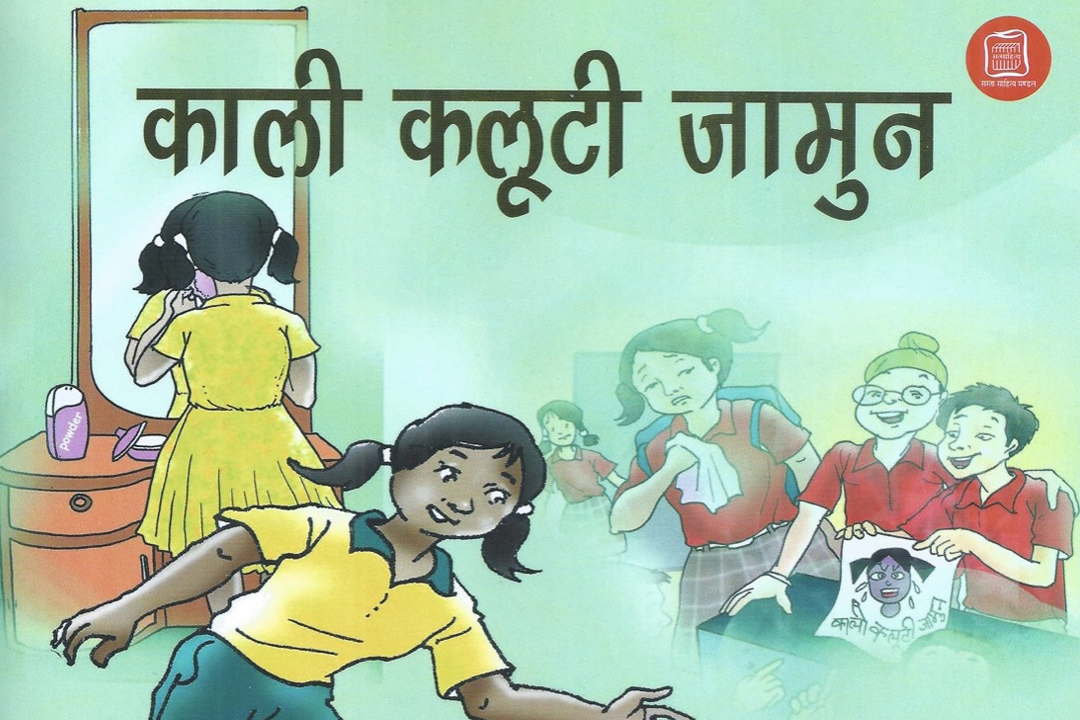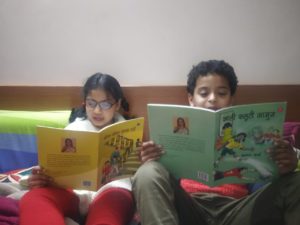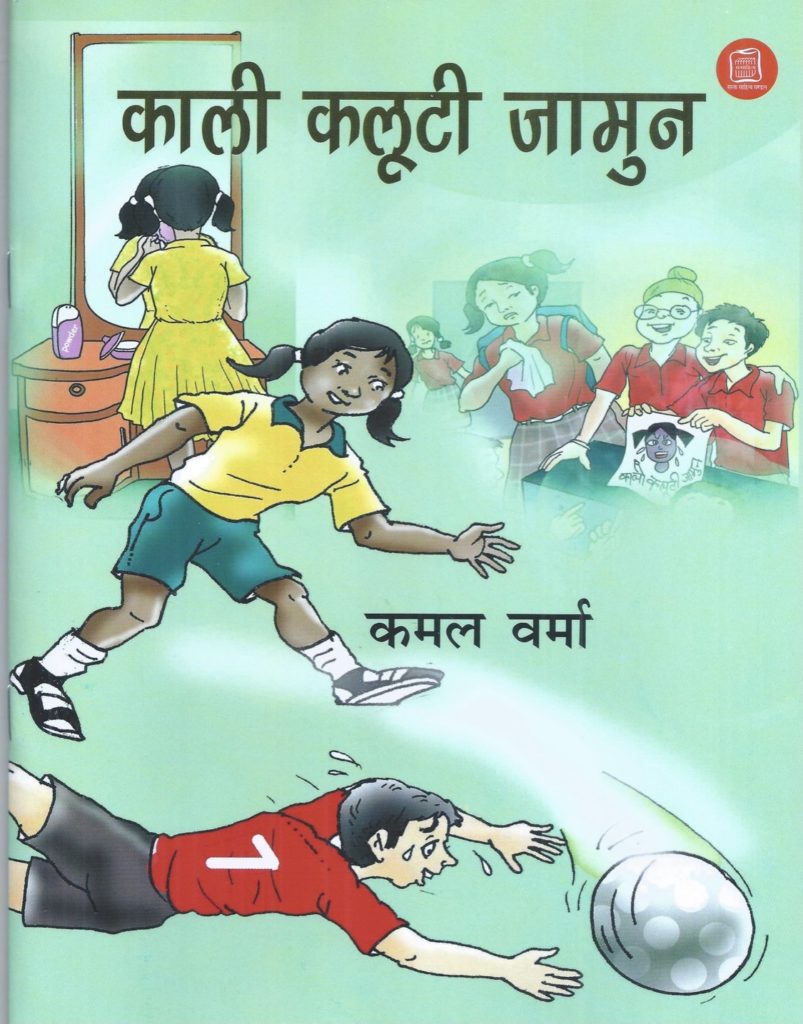Your Skin is Dirty
I am a retired preschool teacher who emigrated from India and has lived in the US for 45 years. I loved working with young children and have many happy memories as their teacher. They were always curious and often would say the cutest things. However, this one time, one little boy caught me by surprise and I still carry that story with me. As I was getting ready to read a book with the kids sitting on the rug around me, a boy raised his hand. “What is it Kyle”, I asked. He pointed to my hand and said, “Your skin is dirty.” I asked him to explain and he pointed to his own hand and said his was clean and mine was not. Another child said, “I am sure that you were like me when you were born but now you got dirty.” We lived in a predominately white community in north east Wisconsin and so I knew that most of my students had not seen many people of color. I took this opportunity to explain to my students that my skin was not dirty but just brown. I washed my hands with soap in front of them and they were surprised that my skin remained brown. I then used the Crayola exercise to show them that their skin was not white either and they all took the turns to find the crayon that most closely matched their own skin.
He pointed to my hand and said, “Your skin is dirty.” I asked him to explain and he pointed to his own hand and said his was clean and mine was not.
The entire time I lived in that community, I was engaged in diversity education. I taught about my culture, my experiences as a person of color in the US and diversity issues in general. When the Black Lives Matter movement started, it really spoke to me. I find it hard to comprehend that after years of struggle, activism and policy, Black
people in America are still fighting to eliminate systemic racism and fight for their lives against police brutality. The struggles of Black America felt familiar to me as I remember clearly the challenges faced by dark-skinned people in my own country. Colorism has been part of India’s history for centuries but there are not many movements to end it. Nor are their laws against discrimination of dark-skinned people. In fact, colorism was completely accepted in society as I grew up in India. In the past few years few celebrities and strong leaders have started voicing to finish colorism in India. Many Indians have been influenced by the Black Lives Matter movement also to call out discrimination and colorism. A much-needed dialogue has started in the country and there has been a successful campaign against companies selling “fair-skin” products. There is even backlash against celebrities endorsing such products and supporting this multibillion-dollar industry.India’s Deep-Rooted Social Stigma
Living in India, I saw daily examples of colorism. People, especially women with dark complexions were not considered beautiful and were, in fact, called ugly. This is a deep-rooted social stigma in the country. Girls are made aware, at an early age, that their dark skin was a problem and that it would cause them great difficulty in life. I remember growing up and witnessing how these girls were bullied, discriminated against, and called derogatory names. They would hear chants like ‘kaali kaluti baingan looti’ (black girl stole an eggplant), ‘Kali mayi diyasalayi (dark like a matchstick), Bhago bachchon bhutni aayi (run kids witch is here).’ Girls accepted these painful taunts as there were no real repercussions for these actions. Colorism was accepted in our society and culture.
“We are a long way from building a society without racism and colorism, but I do have hope that our children will look beyond color and see everyone as human beings first.”
Girls are mocked for their dark skin by their relatives and even by their loved ones. They are told that they may not be able to get married or they will not find a handsome husband. They are rejected by families who are looking to arrange the marriages of their sons. Matrimonial ads in India have been full of the phrases like “fair skinned” and “wheatish complexion” in describing the perfect potential match. Sometimes mothers are told by their in-laws that they must have eaten something bad during their pregnancy and that is why they had given birth to a dark skin daughter. During my first pregnancy I was given coconut to eat every day so that the baby would have fair skin. There are many such traditions and remedies for the disease or crime of having dark skin.
I believe if we are going to eliminate racism and colorism, we have to teach our children at a young age before the norms of their families and society can sink in. In the US, we have had many talented authors who write children’s book on racism and activism and parents have excess to them but still it depends on them if they want to start a dialogue with their children on these difficult topics. I did research to see if I could find similar books in India on Colorism and other issues. I could find few but not for the young age children thus I decided to write my own books in Hindi for children in India. My book Kali Kaluti Jamun is written specifically on colorism and discrimination of girls with dark skin. I was happy that the publisher Sasta Sahitya Mandal also recognized that there was a need for these types of books in India and supported my project. I hope that my book can be the voice that gives girls with dark complexion self-confidence and teaches other children the damage caused by colorism.
We are a long way from building a society without racism and colorism, but I do have hope that our children will look beyond color and see everyone as human beings first.
All images © Kamal Varma.





Your home is valueble for me. Thanks!?This website is mostly a stroll-via for the entire info you wanted about this and didn’t know who to ask. Glimpse here, and you’ll undoubtedly discover it.
I don’t think so, as @MaureenChao was right, Tamilians are really dirty & dark